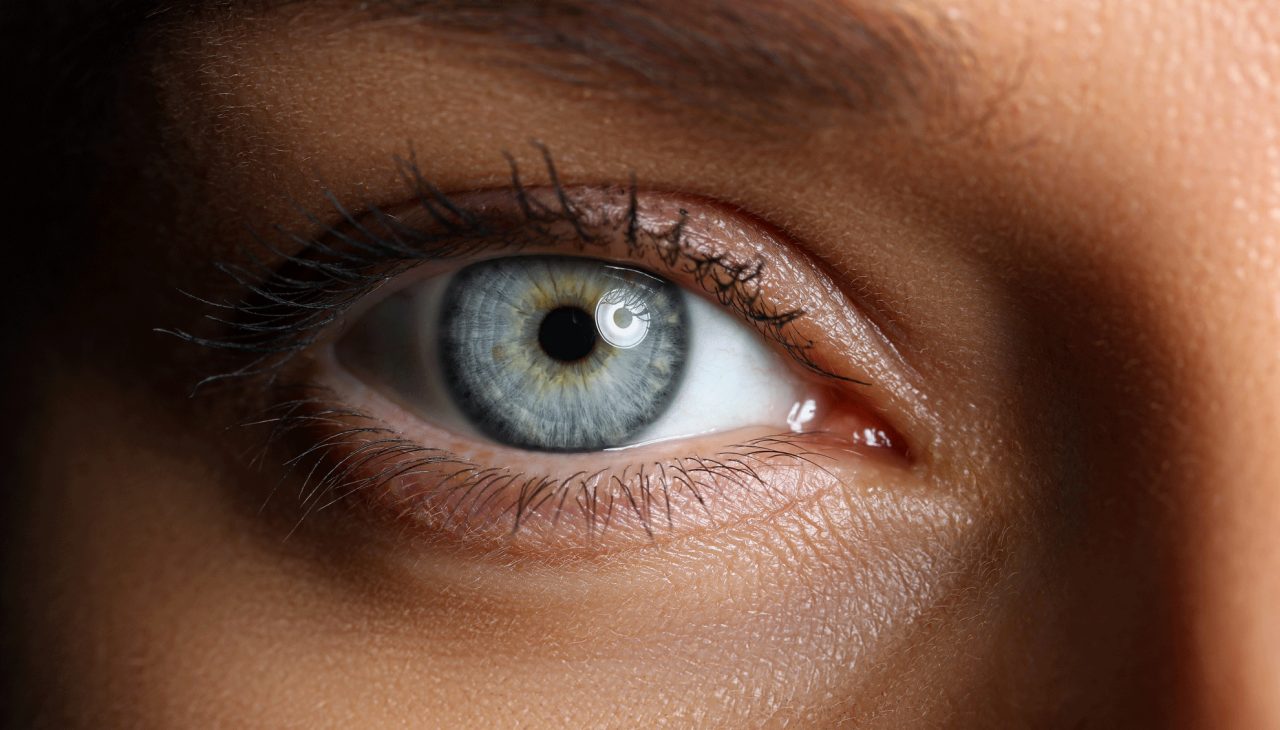The Risks of LASIK Surgery

LASIK surgery can free you from glasses and contacts, but the possible risks could be a steep price to pay for clearer vision. Here's what you should know.
Since LASIK was introduced in 1999, the procedure has been performed on an estimated 20 to 25 million eyes. The vast majority of people who have this surgery — about 96 percent — are satisfied with the results, while fewer than 1 percent have serious complications.
But a small number of people walk away from the procedure with debilitating side effects, such as severe glare, halos, and dry eye. Those complications, though uncommon, are a big enough problem that they prompted the U.S. Food and Drug Administration to issue draft guidance urging doctors to inform their patients about the potential benefits and risks.
YOU MIGHT ALSO LIKE: Why Do My Eyes Hurt?
How does LASIK work?
LASIK, short for laser-assisted in situ keratomileusis, is a treatment for nearsightedness, farsightedness, and astigmatism. In those refractive errors, a problem with the shape of your cornea prevents it from focusing light rays directly on your retina. Blurry vision results.
During LASIK, the eye surgeon uses a laser to reshape your cornea to correct the problem. The goal of surgery is to see clearly afterward without needing glasses or contact lenses.
What are the risks of LASIK?
Complications can happen during LASIK or after the procedure, including:
- A hole (perforation) or other damage to your cornea
- Double vision or other sight problems
- Dry eye
- Glare, halos, or starbursts around lights
- Infection
- Over- or under-correction
- Pain, burning, itching, or light sensitivity
- Poor flap healing
- Vision loss
Most side effects are mild and improve within a few months after the procedure. But even a minor problem like dry eye or halos can affect your quality of life if it doesn’t go away.
Anyone over 40 should consider another possible problem. You could develop presbyopia (age-related farsightedness) earlier than you would have without the surgery. If you spend a large part of your day reading or working on a computer, you might trade your distance glasses for reading glasses following LASIK.
Are you a good candidate for LASIK?
Your risk for complications is higher if you're not a good fit for the surgery. According to the American Refractive Surgery Council, to be a candidate for LASIK you need to have:
- The right prescription. Refractive error is measured in units called diopters. LASIK can treat farsightedness up to +6.00 diopters, nearsightedness up to -12.00 diopters, and astigmatism up to 6 diopters.
- At least two years of a stable eyeglass or contact lens prescription.
- Healthy eyes, with no diseases like glaucoma, macular degeneration, or diabetic retinopathy.
- A thick enough cornea.
- No glare, halos, dry eye, or other vision symptoms.
About 20 percent of people who are interested in LASIK aren't good candidates. If your eye doctor tells you the procedure isn't a fit for you, you might do better with another procedure, like photorefractive keratectomy (PRK) or small incision lenticule extraction (SMILE).
Have realistic expectations
LASIK is a very effective procedure. More than 90 percent of people who have it end up with 20/20 vision. Over 99 percent achieve at least 20/40 (near perfect) vision.
Odds are that you’ll see more clearly. Yet there’s more to having a successful outcome than better vision. If your sight improves but you have to endure dry eye, pain, double vision, or halos around lights, it might not be worth it.
Having a conversation with your eye surgeon about the possible benefits and risks before you go into this procedure could save you from a serious case of regret.
What you can do
Look for an ophthalmologist who is board-certified and licensed in your state. You’ll have the best odds of success if you find an experienced surgeon — one who has performed 10,000 or more of the procedures. Ask to see the doctor’s success and complication rates.
Questions to ask eye doctors include:
- Is LASIK the best surgical procedure for me?
- What benefits can I expect?
- What are the possible side effects?
- Could they be permanent?
- How will you treat side effects if I do have them?
Updated:
December 07, 2023
Reviewed By:
Janet O'Dell, RN